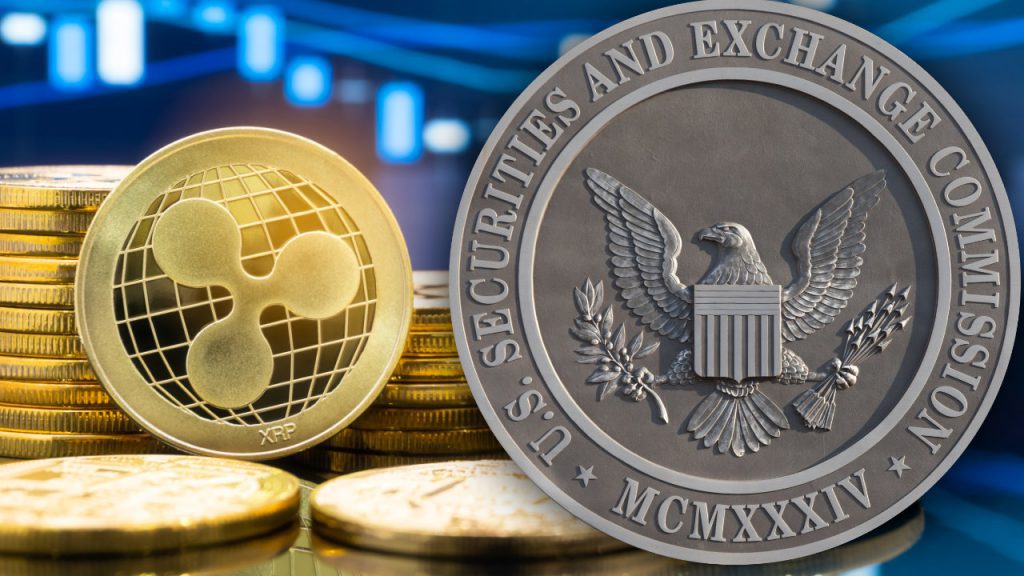After a long haul, there is finally another update in the XRP lawsuit, however, it may not be a good look for Ripple. The latest development in the lawsuit saw the SEC file a Letter of Supplemental Authority supporting its Motion to Strike Ripple’s Fair Notice Defense. The plaintiff has used the verdict from a different case with similar fair notice arguments where the decision eventually fell into the SEC’s lap.
Last year, towards the end of December, in the case of SEC vs Fife, a Northern District of Illinois court denied the defendants’ motion to dismiss using the same fair notice argument which Ripple is holding on to in the XRP lawsuit. In the other case, the SEC filed charges against John M. Fife of Chicago and his companies for acquisition and sale of over 21 billion shares of penny stock without registering as a securities dealer with the SEC.
Can Fife’s verdict sabotage Ripple’s Fair Notice argument?
Fife’s defense counsel quickly took to Ripple’s hitherto successful Fair Notice stance, arguing that the Fife case involved the “broad” statutory term “dealer” which was similar to Ripple’s “flexible” statutory term, “investment contract” in the XRP lawsuit. The Fife defense claimed that they were not provided with fair notice of the SEC’s “novel interpretation” of the statutory term “dealer” when “they engaged in the conduct about which the SEC now complains”.
Furthermore, the defendants objected the SEC’s accusations contending that the commission’s regulatory guidance not only deceptively made the defendants think that their conduct was appropriate, in fact “encouraged the conduct”. However, the defendants’ argument was rejected by the court noting that neither parties possess the right to determine whether or not a conduct falls within or out of the statute.
The Fife court agreed with the SEC that for purposes of assessing fair notice and due process, “the standard against which the SEC seeks to measure defendants’ conduct is the statute itself, the language of which defendants and all others even arguably involved in securities transactions plainly have had notice…It is for the courts not the parties to determine wether particular conduct falls within scope of the statute”


